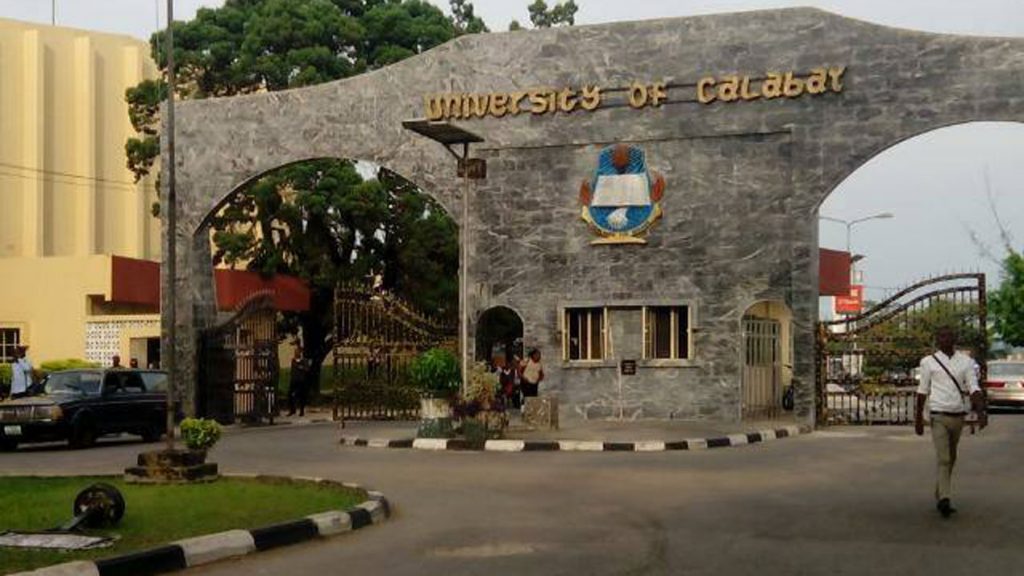A legislative rescue effort is now underway to address the growing academic uncertainty facing 392 dental students at the University of Calabar (UNICAL), following years of regulatory breaches by the institution.
Leading the charge, Senator representing Cross River South, Asuquo Ekpenyong, convened an emergency meeting at the National Assembly on Monday, bringing together key players, including the Registrar of the Medical and Dental Council of Nigeria (MDCN), Professor Fatima Kyari; Chairman of the Senate Committee on Health, Senator Ipalibo Harry-Banigo; and representatives of the UNICAL Students’ Union.
The root of the crisis lies in the university’s persistent over-enrolment in its Faculty of Dentistry, surpassing the MDCN’s approved annual quota of 10 students, leading to the council’s decision to withhold induction for recent graduates.
Professor Kyari, speaking at the meeting, underscored the severity of the situation: “Over-admitting students breaches accreditation standards, undermines the quality of dental education, and raises concerns about the competence of future professionals.”
Despite multiple warnings from the MDCN, the over-enrolment reportedly went unchecked, prompting concerns about administrative oversight at UNICAL.
Senator Ekpenyong, describing the unfolding saga as an “educational emergency,” stressed the need for urgent but constructive action.
“We are not here to trade blame. Our focus must be on delivering immediate solutions. These 392 young Nigerians cannot be left stranded due to institutional failure,” he declared.
Among the immediate proposals was a one-time waiver—under MDCN supervision—for final-year students who have fulfilled their clinical and academic obligations.
The senator also advocated for increased investment through TETFund to upgrade dental training facilities at UNICAL, and floated the possibility of reassigning some students to related medical fields with available capacity.
Additionally, Ekpenyong called for a formal hearing by the Senate Committee on Tertiary Education, summoning the Vice Chancellor of UNICAL and the Provost of the College of Medical Sciences to explain the sustained breach.
Senator Harry-Banigo, lending her voice to the urgency, pressed the MDCN to present a concrete roadmap before its next engagement with the university.
“This is not just a local issue. Our credibility in healthcare education is at stake. Students must not carry the burden of systemic negligence,” she warned.
Meanwhile, the House of Representatives has taken its own decisive steps. In a motion sponsored by Minority Leader Kingsley Chinda and Rep. Ahmad Jaha, the House called for a comprehensive forensic audit of the Faculty of Dentistry.
Lawmakers highlighted the emotional distress, financial hardship, and career stagnation suffered by the students, many of whom are nearing graduation.
The House directed the Federal Ministry of Education to coordinate with the National Universities Commission (NUC) and MDCN in auditing the faculty’s admissions practices, infrastructure, and human resources.
It also mandated the immediate suspension of punitive actions against affected students and recommended remedial strategies such as modular catch-up programs, phased inductions, or transfers to other institutions.
Crucially, lawmakers also urged the MDCN to design a temporary induction plan based on confirmed competencies, while relevant legislative committees were tasked with investigating the matter and reporting back within four weeks.

